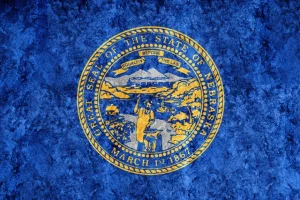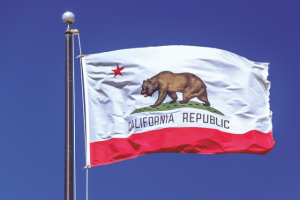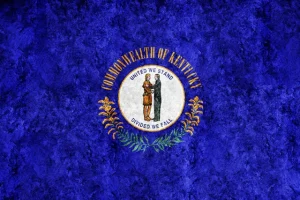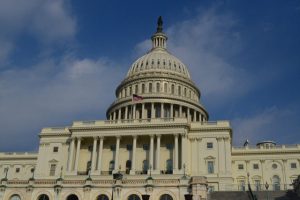Should We “Hang Up” on Debt Collection Calls?
By now, most of us are already aware that the FCC’s July Declaratory Ruling expanded the definition of an Automatic Telephone Dialing System (ATDS). Specifically, this expansion heightened the need for companies to ensure they obtain valid consent before placing any calls. Prior express written consent is required for solicitous calls/texts to wireless numbers delivered by an ATDS and prior express consent (provision of the number according to the FCC) is required for informational or other non-solicitous calls/texts to wireless numbers delivered by an ATDS.
Within the new Bipartisan Budget Act of 2015, a loophole can be found that negates part of these requirements to the TCPA. The new Act allows companies to contact consumers’ wireless numbers with an ATDS for debts owed to or guaranteed by the federal government. Although these calls will be made regarding various types of debt, the calls will most likely be made to graduates with student loan debt, which, according to the Consumer Financial Protection Bureau, accumulates to an astonishing $1.2 trillion.
Supporters of this Act claim that borrowers will be less likely to miss payments and default on loans, which could harm or even prevent them from securing long term credit. Meanwhile, opponents assert this provision clashes with the TCPA which was created to protect consumers from unwanted calls. They claim consumers may feel harassed or bombarded by calls regarding their debt.
Within days of the passing of the Budget Act, Senator Ed Markey of Massachusetts filed a bill known as the Help Americans Never Get Unwanted Phone Calls Act, or the HANGUP Act. Senator Markey hopes to repeal the provision of the Budget Act that allows calls to wireless numbers via an ATDS to collect debts owed to or guaranteed by the federal government. According to Senator Markey, the goal of the HANGUP Act is to prevent student loan borrowers, veterans, mortgage borrowers, and others “from an onslaught of aggressive phone calls and costly cellphone charges.”
Congress assigned the FCC with the responsibility of issuing guidelines and regulations for calls made according to this provision within 9 months of the release of this Act. Will these regulations be similar to the restrictions to the exemptions provided in the Declaratory Ruling? If so, these regulations may include restrictions such as:
- Calls must be free to the end user;
- Calls must include the name and contact information of the caller;
- Number of calls must be limited; and/or
- Calls must be concise and not exceed a certain length.
We’ll be anxiously awaiting the outcome of the HANGUP Act as well as the FCC’s release of the specific regulations surrounding these calls that may offer some protection to consumers in August 2016.
If you’d like more information on how or if either of these Acts may affect your business, please contact us at consulting@compliancepoint.com.
Finding a credible expert with the appropriate background, expertise, and credentials can be difficult. CompliancePoint is here to help.





